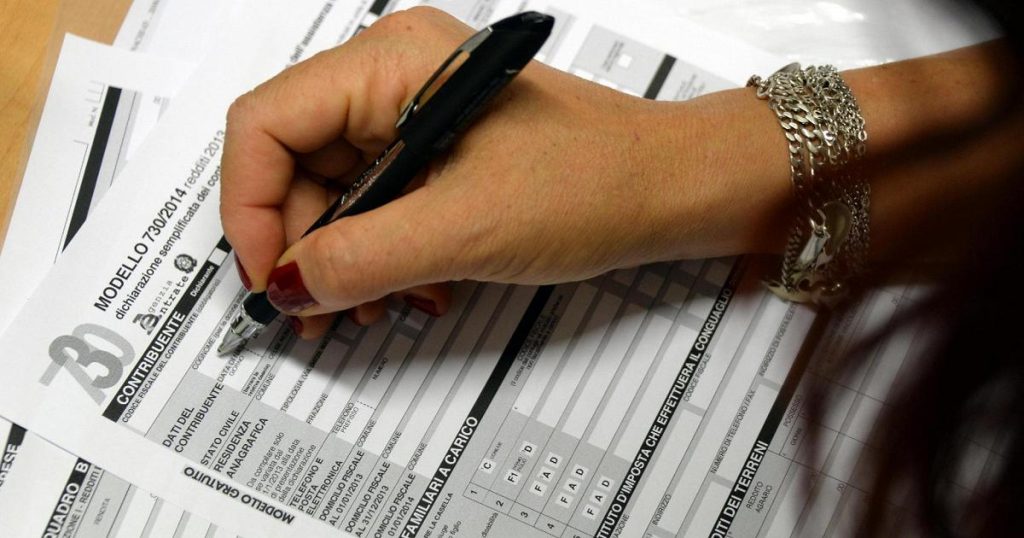The Italian government has tightened tax deductions for those with income over €75,000, with benefits increasing based on the number of children. Those with income between €75,000 and €100,000 can deduct up to a maximum of €14,000, and €8,000 for income over €100,000. The amount is halved for those without children, reduced by a factor of 0.85 for one child, and remains the same for those with more than three children or children with disabilities. However, expenses for healthcare, renovations, and mortgage payments are excluded from the cap. This change will affect high-income singles as well as affluent individuals with one or two children, with only those with three or more children or a child with disabilities eligible to deduct up to €14,000 or €8,000 in qualifying expenses.
A one-time bonus for each child born or adopted from January 1, 2025, called the ‘new births bonus’, will provide €1,000 to those with an ISEE income below €40,000. The government has allocated €330 million in 2025 and €360 million in 2026 for this initiative. The budget also extends tax relief to self-employed mothers, who can benefit if they have two children under ten years old or three children under eighteen years old, with an income cap set at €40,000. Additionally, deductions for children over thirty years old have been eliminated to fund the new births bonus, as explained by Prime Minister Meloni.
The new measures aim to support families by providing financial assistance for newborns, extending tax breaks to working mothers, and eliminating deductions for adult children. The focus is on ensuring that families with lower incomes and multiple children receive the most significant benefits, with a cap on deductions for higher-income individuals with fewer or no children. This shift in tax policy reflects the government’s priorities to encourage family growth and support parents, particularly during times of economic uncertainty.
The changes in tax deductions will have a significant impact on high-income individuals, particularly single taxpayers and affluent households with one or two children. Those with three or more children or children with disabilities will still be able to claim higher deductions, while expenses for healthcare, home renovations, and mortgage payments remain unaffected by the cap. The introduction of the ‘new births bonus’ provides additional financial support for families welcoming newborns, with specific income eligibility criteria and allocated funds for the coming years.
Overall, the government’s tax policy changes demonstrate a commitment to supporting families and promoting child welfare through targeted financial incentives. By shifting the focus of tax deductions to benefit families with lower incomes and multiple children, the government aims to create a more equitable system that provides assistance where it is most needed. The introduction of the ‘new births bonus’ and extension of tax relief for working mothers represent proactive steps to address the needs of families and encourage population growth. These measures reflect a holistic approach to supporting families and children in Italy, emphasizing the importance of family-friendly policies in times of economic challenges.


